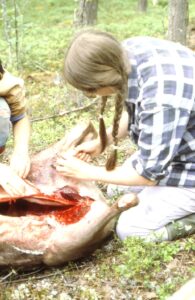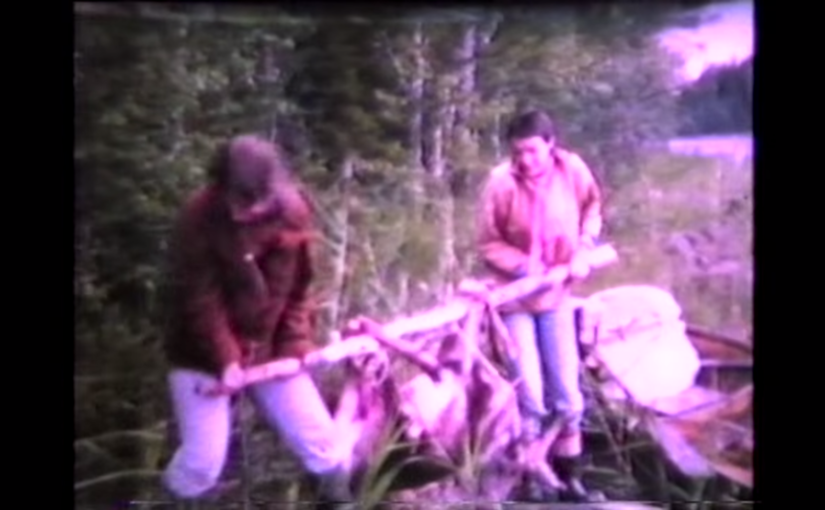
Have you been watching any of the ‘past lives’ reality shows on television? I find that they have a horrible fascination for me. I just wish that they did not call them by names that made use of history and archaeology. In some cases, they can get us thinking about the lives of our ancestors, but while the message should be related to the loss of ancient skills and the difference of the world, it rarely is. All too often they give the idea that life in the past was a long hard struggle.
I can understand that the message: that we really have things much better today, may be a comforting one to give out, but there is so much more that we could take away. For starters, how can anyone think that these programmes actually tell us anything about life in the past?
Those who lived in the past, whether hunter-gatherer or 19th century baker, inherited and developed a deep skill set suitable for their particular lives. Today we require a different skill set and this means that we have lost the precise skills that we once used for other things. Of course, you can train yourself up to hunt boar, till with oxen, or bake in a wood fired oven. But you will never be doing it instinctively in quite the same setting as your predecessors. The boar will be different: living in different woods; surrounded by different predators; and surviving in different numbers. The farming is different: oxen are less common and unused to ploughing; the soil has been cleared and cultivated with other equipment; it has been subject to the application of fertilizer and pesticides; seed stock varies; even the weather is likely to have changed. It is the same for the baker: flours vary; ovens vary; your own strengths and skills vary; as do the tastes of your customers.
In fact, though there are some universal requirements for shelter warmth and food, we are not the same people as those of the past. Our bodies may look similar but our needs have changed. We use different foods and we require different amounts of calories. We are used to modern clothing; how many of us would survive barefoot, or without a thick fleece jacket? We have different social norms and different expectations – not just from the world around us but also from our friends and family. It always amuses me when modern health and safety intrudes onto the set, or medics appear to remove a participant who has not managed to digest the right sort of protein. Sadly for our ancestors, no such safety nets were available. And yet some of them survived!
Putting yourself ‘back in time’ is a fascinating experience. I know because once, many years ago now, I tried it. It got me thinking and it influenced my archaeology profoundly. But it didn’t actually tell me anything about what people did in the past. Except that, whatever it was, they were bloody good at it.
These programmes are fun, many of us find them compelling television. But they tell us more about ourselves today; don’t let’s give them a spurious academic validity.

You must be logged in to post a comment.